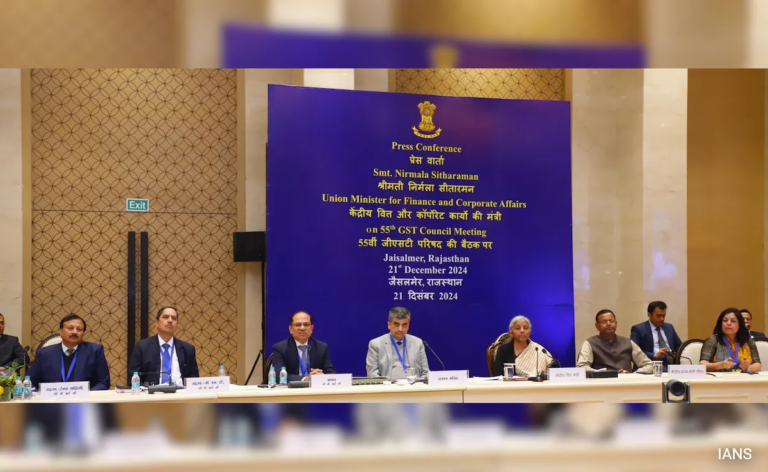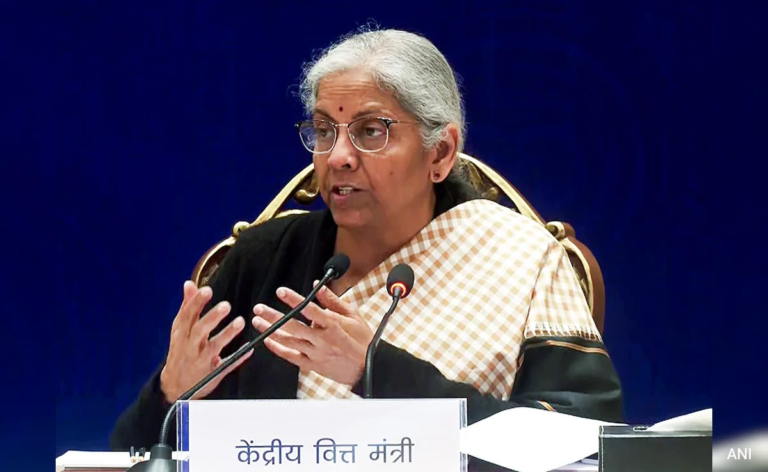

Female directors earn only 44 per cent of the median salary of their male counterparts
Mumbai:
Women constitute less than 20 per cent of the overall workforce, and only 10 per cent hold key managerial personnel (KMP) positions even as companies are making efforts for diversity, according to a report.
Women constitute less than 20 per cent of the overall workforce and hold just over 10 per cent of KMP positions, while female directors account for less than 20 per cent of the total board director positions, according to the ‘Mind the Gender Gap’ report by CFA Institute and CFA Society India.
The ‘Mind the Gender Gap’ report is based on insights from 300 Indian companies through their Business Responsibility and Sustainability Report (BRSR) disclosures.
The report also revealed that women board members and KMPs receive significantly lower compensation compared to their male counterparts, highlighting a gender pay disparity at the top level.
Female directors earn only 44 per cent of the median salary of their male counterparts, while female KMPs receive less than 25 per cent of the remuneration paid to male KMPs, it added.
The IT sector employs the highest percentage of women (34 per cent), followed by consumer discretionary and financial sector (25 per cent and 24 per cent, respectively), with the lowest women participation in the utilities sector (4 per cent), the report said.
For BoDs, the Real Estate, Information Technology, Consumer Staples, Health Care, and Consumer Discretionary sectors show a more equitable gender distribution, it added.
However, the Financial Services and Energy sectors exhibit the most pronounced gender imbalance among BoDs, it said.
“There is a pressing need for stronger gender equality initiatives within Indian corporate structures. While there has been significant progress, the data reveals persistent gaps in women’s representation and remuneration parity, particularly in the senior positions, which require immediate attention from both companies and policymakers,” CFA Institute Country Head, India, Arati Porwal said.
Companies with diverse leadership teams demonstrate greater innovation, improved decision-making, and enhanced financial performance, she added.
“To achieve this, Indian companies must encourage a culture of inclusion by attracting and retaining female talent and ensuring fair and equitable remuneration practices. CFA Institute, with its analysis and reporting on BRSR parameters, remains committed to bridging the gender diversity gaps and encouraging inclusivity at all levels,” she noted.
Corporate India must adopt meaningful initiatives and inclusive strategies to retain female talent, diminish the remuneration gaps, and subsequently pave the way for Indian workplaces to become more diverse and inclusive for women and differently-abled individuals, CFA Society India CFA Chairperson Rajesh Sehgal said.
(This story has not been edited by NDTV staff and is auto-generated from a syndicated feed.)




